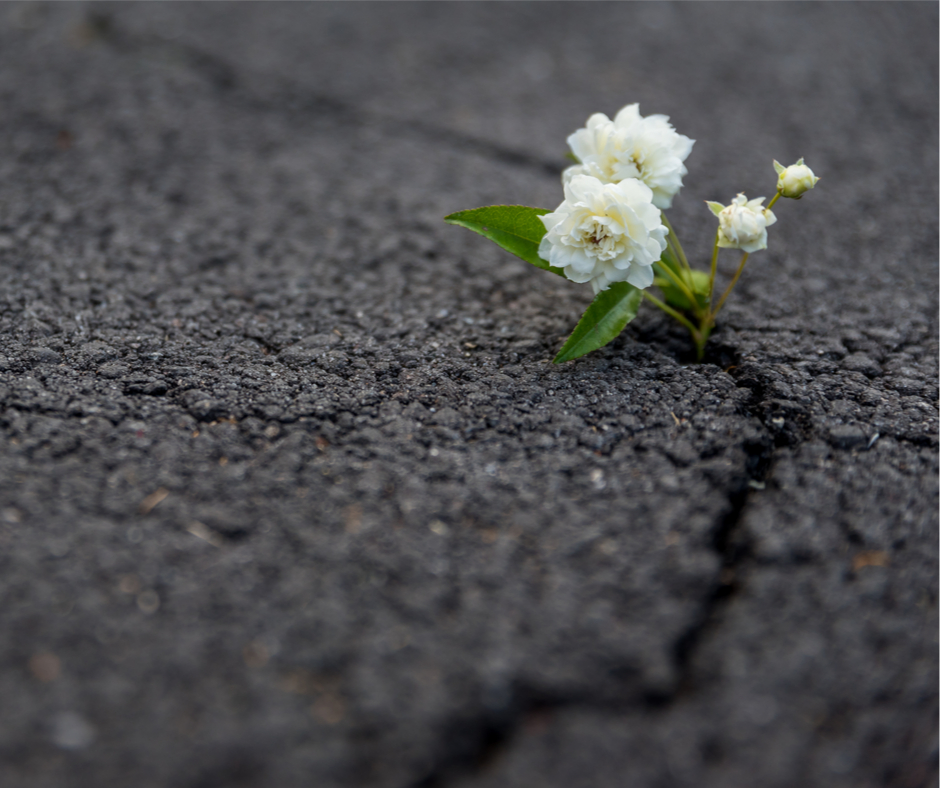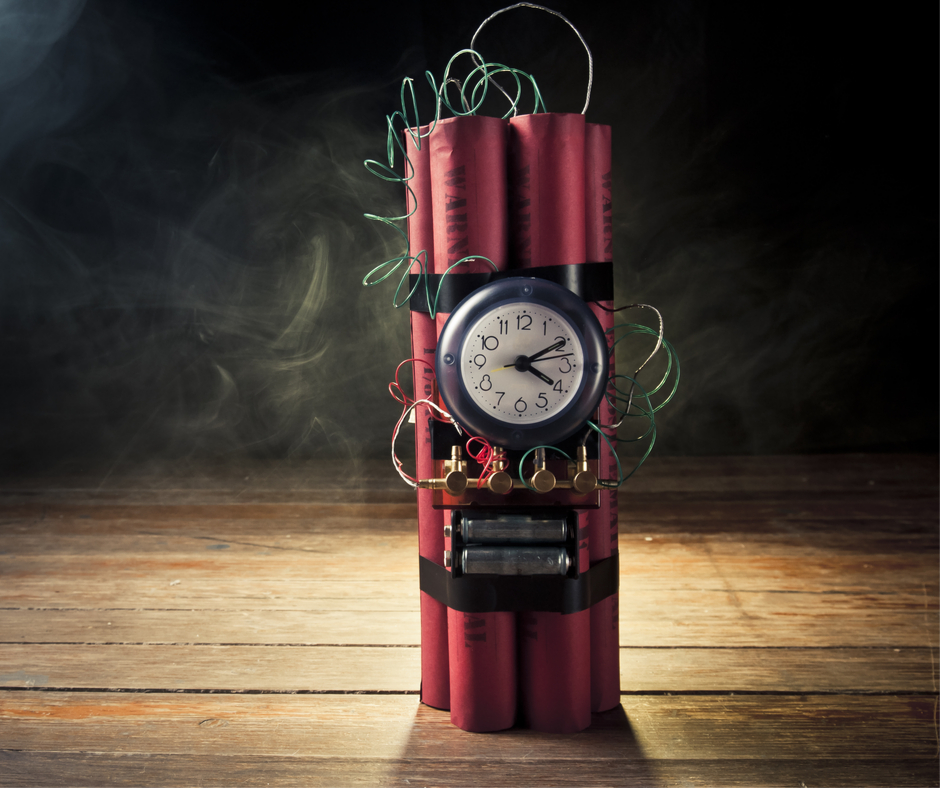Posts by Youth Challenge
The Stages of Change
1) PRECONTEMPLATION STAGE
“It isn’t that we cannot see the solution. It’s that we cannot see the problem.”
Precontemplators usually show up in therapy because of pressures from others… spouses, employers, parents, and courts… Resist change. When their problem comes up, they change the topic of conversation. They place responsibility for their problems on factors such as genetic makeup, addition, family, society, destiny, the police, etc. They feel the situation is HOPELESS.
Read MoreFour Things You Should Know About Resilience
Resilience can be developed. Many people have learned that firsthand this year, as they’ve had to build more resilience than they ever expected to need.
In the year or two before the pandemic, a new word started popping up in my writing about addiction, mental health and wellness: resilience. All of a sudden, the word seemed to be everywhere, from my reporting on childhood traumas to my discussions about what can help people succeed in recovery.
Read More5 Ways of Coping with Isolation
As the late, great Jim Morrison crooned, strange days have found us. As millions adjust to social life filtered almost exclusively through the cold, unforgiving pixilation of digital screens, the need for genuine connection is more intense than ever. Below are five ways of coping with isolation that do not involve more screens and may be helpful amidst these strange days that have tracked us down.
Read MoreSnarky and Sober? Letting Go of Resentment and Anger in Recovery
Here’s the good news: I am kinder and gentler after two-plus years of recovery. The bad news? I was pretty awful in the early days of my sobriety: angry at the world and resentful of the pickle I had gotten myself into. On top of that, I’ve written it all down in a daily blog (posted on the worldwide web), so I can’t even pretend I was the ideal sober newbie.
For a host of reasons I got fed up with the whole mess and stopped drinking July 28, 2013. But I was bored, I resented my situation and I developed more than a little anger for those who could sip a cocktail without polishing off everyone else’s drink leavings and the dregs in the bottle.
Read MoreHow to Get a Drug Addict Into Treatment
When people ask how to get a drug addict into treatment, typically they are really asking one of two questions. The first is: “What is the process for getting someone into drug addiction treatment?” The second (and the hardest one to answer) is: “How do I get someone addicted to drugs to want to go to and stick with treatment?”
Since it is relatively easy to answer, let’s tackle the first question now.
Read MoreTick, Tick, Boom: Unmanaged Anger and Relapse
I was on Facebook the other day and I realized something – certain people on my friend list had mysteriously gone MIA. Now, granted, my Facebook is a little different than most, as I have many friends from my time in prison. But my missing friends all had one common denominator: a higher-than-normal level of anger.
While behind bars, these friends were always involved in altercations and violent outbursts. I looked into their whereabouts and sure enough, there was a reason I hadn’t heard from them: They had all relapsed, were back in prison or both.
Read More5 Things Recovery Taught Me (And Why I’m Grateful)
I entered into recovery feeling completely broken – like I was shattered into a million little pieces. But recovery taught me I didn’t need to fix myself. In fact, I learned how to weave those pieces into a beautiful mosaic and love every inch of it.
The lessons in recovery are endless and sometimes they come all at once. There are times when I struggle to catch my breath. I feel like I can’t cope…yet, I do. Over the course of the last five years, I’ve grown up, developed my identity, accepted who I am, learned how to integrate in this world, and gained new coping strategies.
Read MorePracticing Self-Love this Valentine’s Day and Beyond
Recovery presents us with the opportunity to mend the relationships that experienced a disconnect during our active addiction, but one relationship we don’t often think about during this chapter of rebuilding, is the relationship we have with ourselves. Drugs and alcohol can act as a band-aid that we use to conceal our shame and self-deprecating thoughts, but in recovery, we can no longer run from these feelings. The image we have of ourselves is at the forefront of every decision we make, so for us to honestly embrace recovery, we must also embrace ourselves.
Read MoreWhen to Quit: For Family & Friends
In the online Family & Friends meetings that I facilitate, one of the more difficult issues that sometimes arises is the decision whether to end a relationship with a family member struggling with addictive behavior. Faced with the frustration, exhaustion, and negative emotions that have developed, many people reach a place of hopelessness before coming to a meeting.
Read MoreA Sober Life Isn’t a Boring Life
Getting sober is a decision for health and wellness; it’s a move that frees you to pursue the life you’ve always wanted. You’ve pushed through the worst of the worst and survived. There’s an outdated idea that getting sober means giving something up — saying goodbye to partying, excitement, fun and impulsivity. But really, nothing could be further from the truth. When you give up drugs and alcohol, you’re opening yourself up to a better life, with the freedom to do what you really want.
Read More








